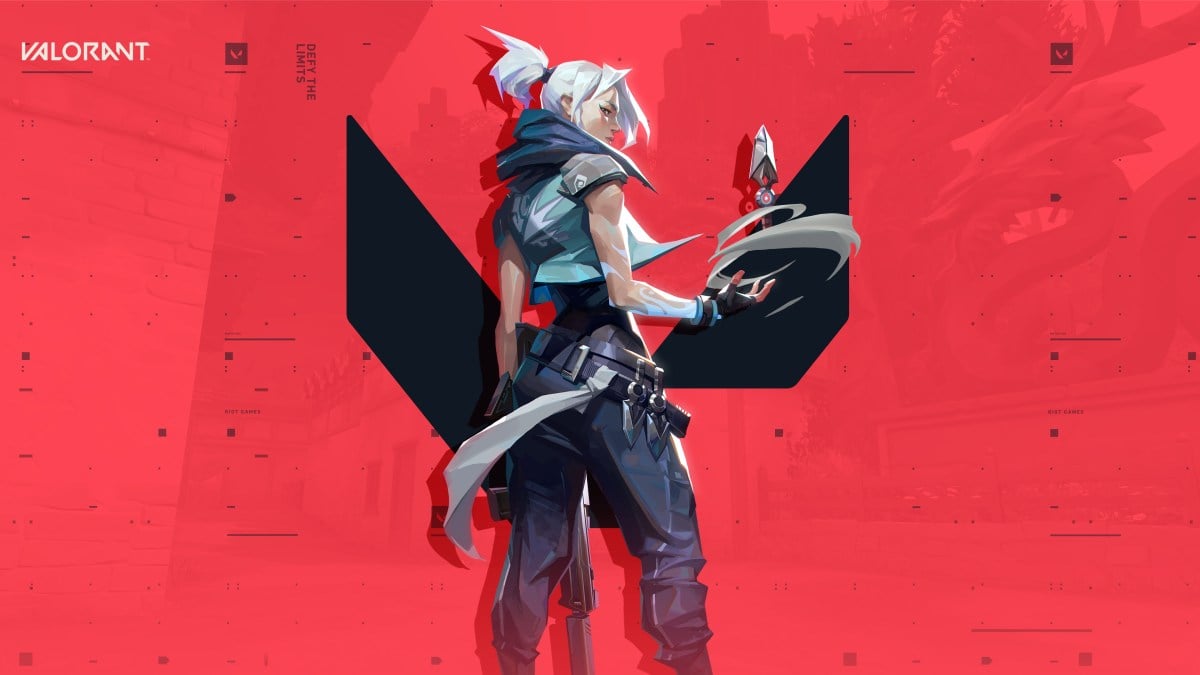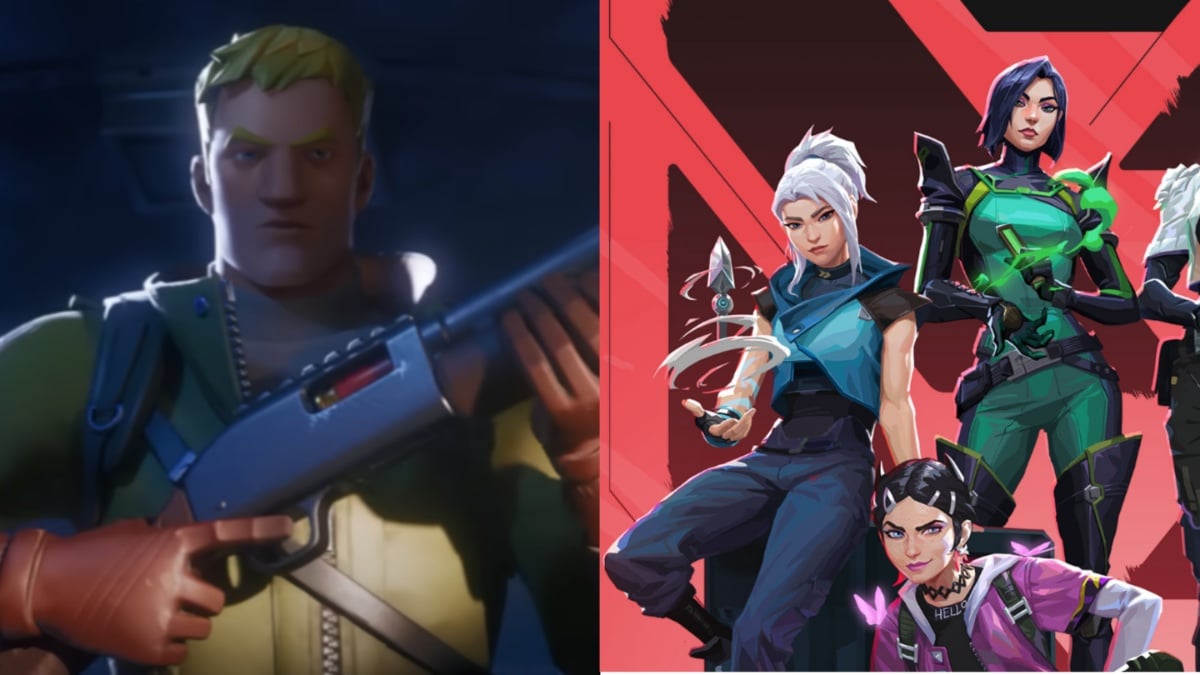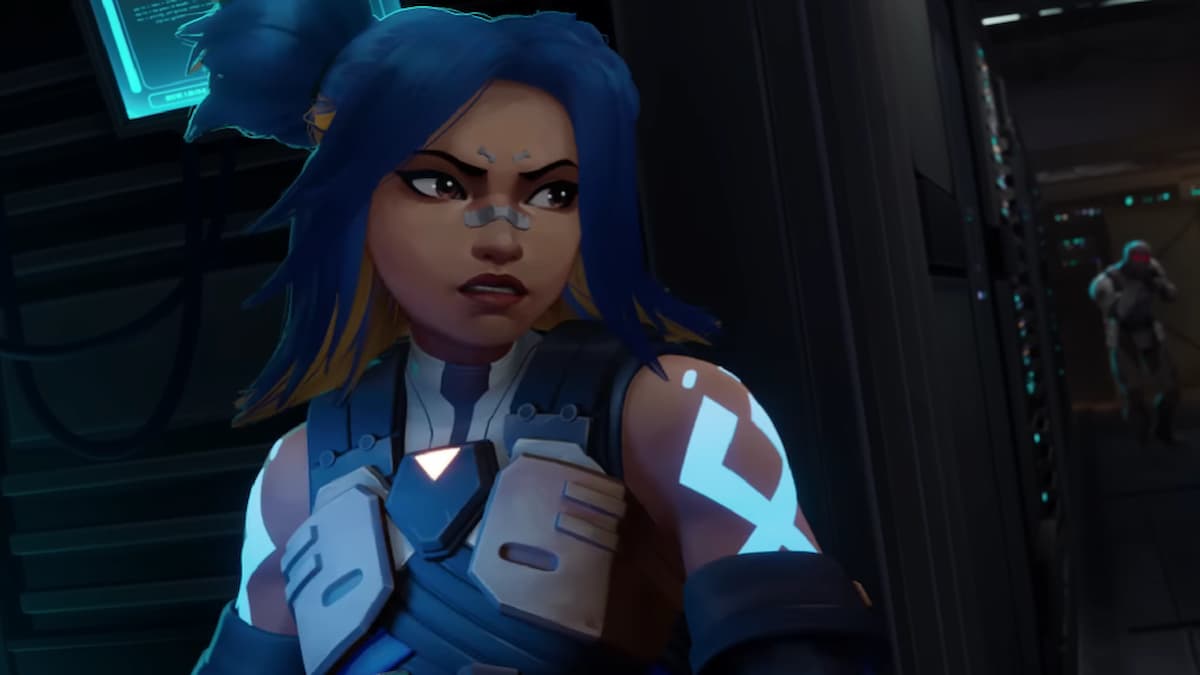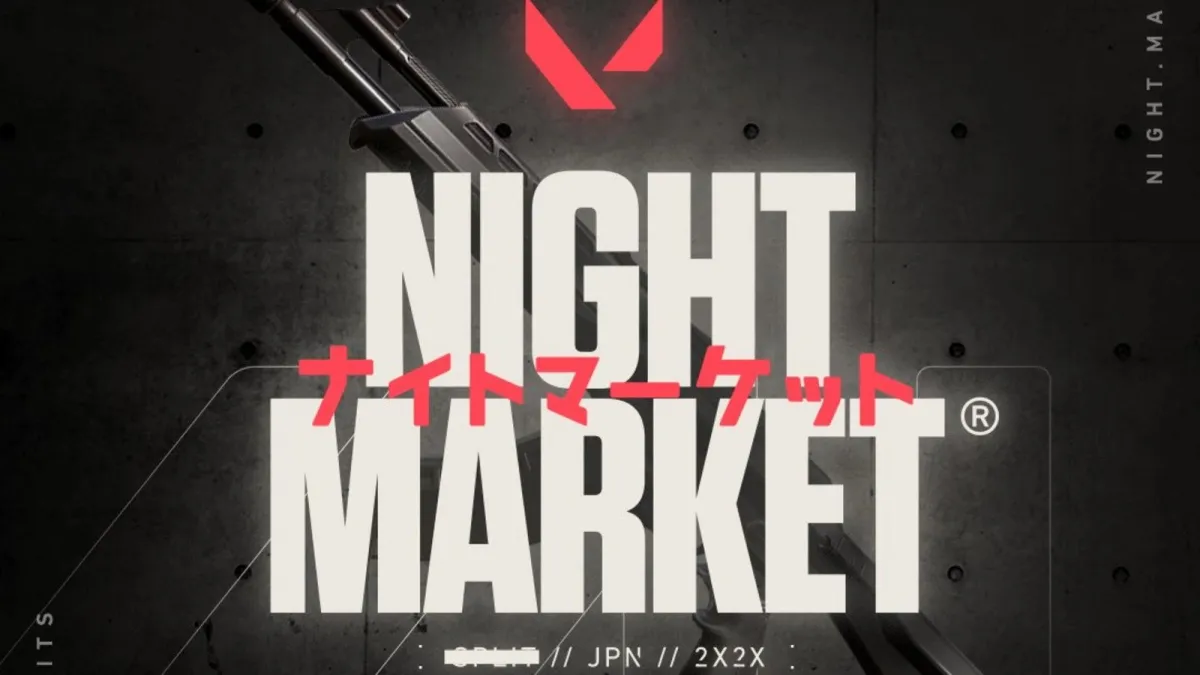Last week, the most recognizable Western Overwatch player was most likely San Francisco Shock DPS star Jay “Sinatraa” Won. Sinatraa won almost every single accomplishment he could last year. He won the 2019 Overwatch League grand finals, the World Cup, the OWL MVP, and World Cup MVP. If you had to pick a North American Overwatch League player that a non-fan might recognize, Sinatraa was as good a pick as any.
This week, Sinatraa doesn’t play Overwatch at all. He retired from the game, vacated his six-figure contract with San Francisco, and left behind a great team and the league he was a superstar in to go play VALORANT—a game that doesn’t even have an esports ecosystem yet.
A lot can change in a week. And with VALORANT as the new bully on the playground, the esports scene is about to shift more rapidly than we’ve seen in quite some time. There are more than a few hints that VALORANT might just kill off some esports entirely, both by pulling players and attention from titles like Overwatch, Apex Legends, and Fortnite.
It’s unfair to say that VALORANT is a game-killer, however. Games like Overwatch, Fortnite, and Apex are killing off their own esports scenes.
VALORANT was never going to enter the esports landscape quietly. Riot Games’ new title is still only explained in terms of the other games it’s clearly influenced by. It’s a tactical shooter nearly identical in its core mechanics to Counter-Strike, with an in-game economy, a bomb to plant or defuse, multiple bomb sites that play is focused around, and smooth, crisp gunplay. It’s also a hero shooter, with each character possessing unique abilities and utility, such as teleportation, dashes, artillery strikes, and something that looks suspiciously like a wall made of ice. It borrows liberally and freely from well-worn territory to create something both familiar and new, and it’s used that fresh familiarity to attract players from many different games.
For many games, that’s a problem. There’s only so many star players and personalities to go around, and it’s not easy to replace them.
It’s not just Sinatraa, either. Fortnite has contributed content creators and competitive players alike, from TSM’s Ali “Myth” Kabbani to Team Liquid’s Jake “POACH” Brumleve and FaZe Clan’s Jason “Tennp0” Wang. Counter-Strike will be well-represented, with T1 already signing Braxton “Brax” Pierce and Keven “AZK” Larivière (both members perma-banned from Valve events for their role in the 2014 iBUYPOWER match-fixing scandal). NRG’s Apex superstar Brandon “aceu” Winn is making the switch to VALORANT as well, and former teammate Coby “dizzy” Meadows had grinded the game since its beta release. And there are a few people who saw success and notoriety in multiple games joining them, such as Sentinel’s Jared “zombs” Gitlin and Liquid’s Lucas “Mendo” Håkansson—both veterans of Overwatch and Apex Legends.
All of these players are making the switch for various reasons. There’s a lot of money being chucked around by organizations at the moment, with some reports saying offers for players are going as high as $20,000 a month. More players are attracted to a game made by Riot, which has proven capable of nurturing an enormous esports scene in League of Legends, as well as VALORANT’s promise of a robust anti-cheat system and 128-tick servers creating a great game experience for players looking for a competitive game.
But calling VALORANT a game-killer misses the mark. These players aren’t switching games only because of VALORANT. They’re switching games because their old games failed to keep their heads above water.
Sinatraa’s reason for leaving the game he reached the pinnacle of? A lack of passion for Overwatch, crushed by long queue times and the role-lock system Blizzard rolled out as an alternative to introducing hero bans—which ironically itself was a means of trying to make the game more exciting by forcing new weekly metas. Fortnite pros have long decried several mechanics Epic Games introduced to the game, which left it wildly unbalanced for competition, most notably adding the overpowered Infinity Blade on the same day as its Winter Royale tournament. Apex Legends’ pro scene has struggled mightily with an inconsistent, third-party run scrim system, laggy servers during online competition, and cheaters running rampant in the game’s ranked mode.
VALORANT, by comparison, is still new, still in beta, and has only just released its own ranked game mode. But the game promises something all of its competitors seem to have lost: a fair, competitive game that works the way it’s supposed to.
Will any of these games and their esports scenes actually die? Maybe. It’s too early to tell.
Fortnite still enjoys massive viewership and has proven its staying power on Twitch but most likely needs to seriously address it’s balancing philosophy and the skill-based match-making system in non-competitive modes.
Players naturally losing passion for the game as changes are made to Overwatch might be inevitable, but Blizzard desperately needs to overhaul its lower tiers of professional play if it wants the Overwatch League to last, especially with Overwatch 2 on the horizon looking more and more like a do-or-die event for the franchised league.
Apex seems like one of the most likely candidates to die off, but the game has also shown itself able to create stars and foster a loyal community. Fixes to servers and anti-cheat systems could still rescue a scene clinging to life during a pandemic that cancelled major LAN events—tournaments that would surely have generated more interest and better competition than their online tournament series.
It’s still too early to call time on these games, just as it’s still too early to tell just how big VALORANT’s esports scene will be. Early tournaments will surely draw huge viewership, sure, but can the game sustain interest over time? Will the pros picked up from other games translate to VALORANT, or will they quickly be replaced by newcomers we haven’t heard of yet? And might pros that switched to VALORANT only to find no place for them in the game be tempted to return to the ones they left behind? We simply don’t know, not until VALORANT actually sees its full release this summer, and tournaments beyond “streamers from Game X and Game Y shooting each other for fun” begin to happen.
One thing is for sure, however: VALORANT isn’t killing any games. It’s simply attempting to create a good game in and of itself. And if other competitive titles in the esports world want to survive, they need to fix their own problems.







Published: May 2, 2020 03:50 pm